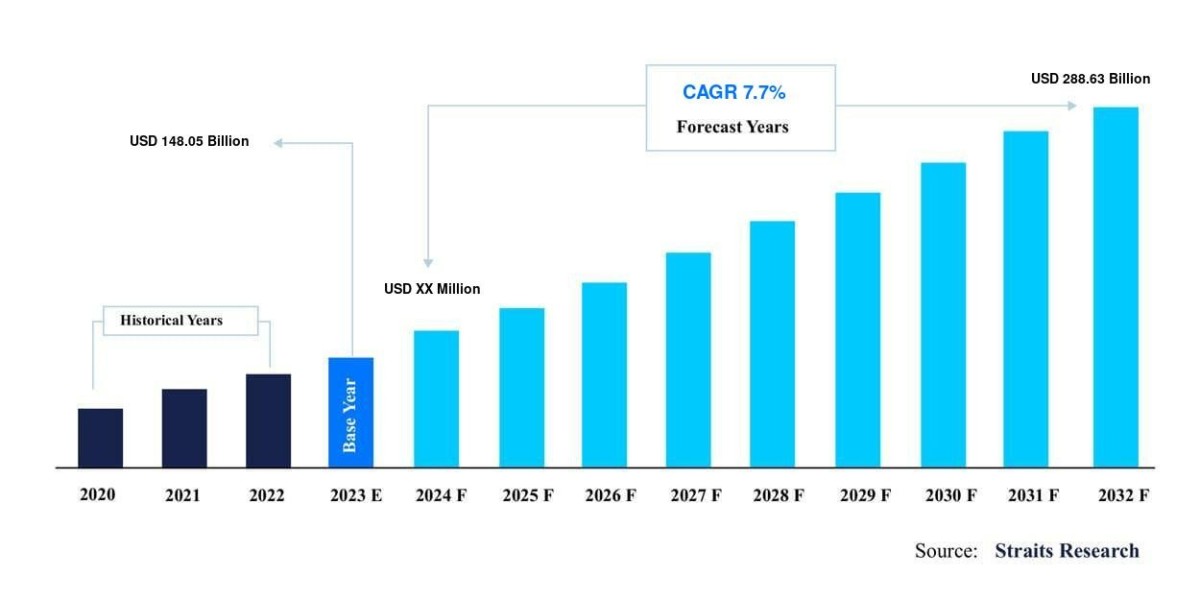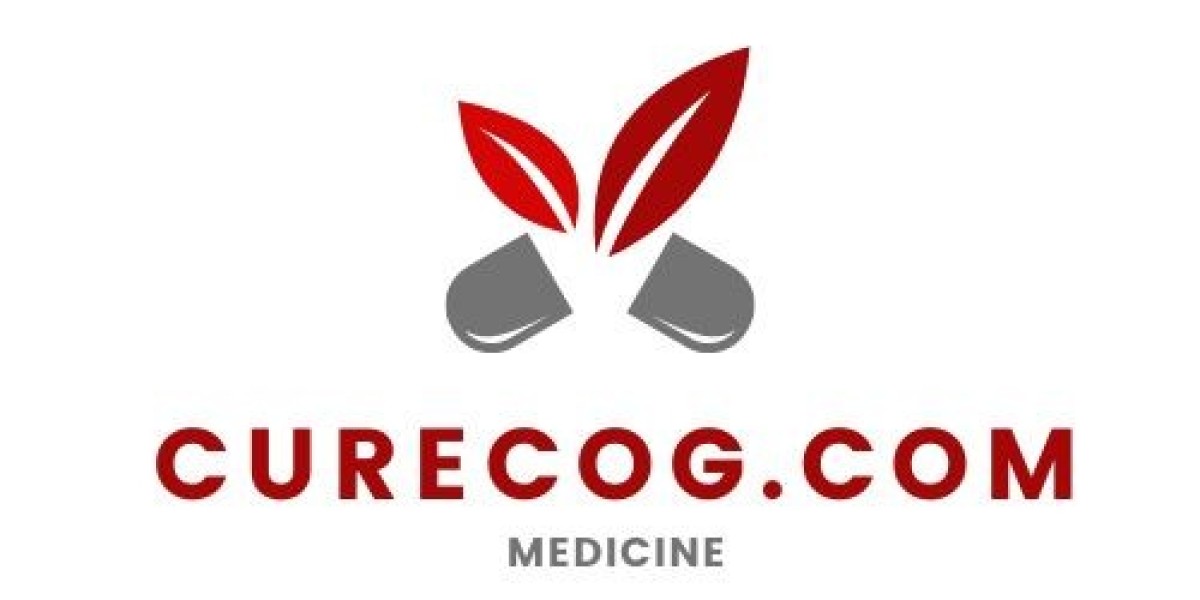In recent years, as the healthcare industry continues to develop, cost efficiency has become an important issue. Medical billing stands out as the most crucial among all the elements that surround the practice and needs regular monitoring. Its major objective is to convert healthcare activities into financial transactions so that healthcare providers can get fair and timely reimbursements for their efforts and resources.
Further, this blog aims to clarify the mystique behind the procedure of medical billing and highlight its significance on cash flow.
The Process of Medical Billing
Medical billing is a meticulous process, consisting of numerous components that collaboratively facilitate a healthcare provider's reimbursement for rendered services.
Patient Registration:
The first step of patient registration also involves gathering important details on the patients including demographics, insurance details, and medical history. At this stage, accuracy remains important to avoid billing problems and ensure a quick claims turnaround.
Medical Coding:
Medical coders simply apply standard codes (such as CPT and ICD) to various healthcare diagnoses and treatments. The coding not only determines how claims are billed but also influences the rates at which insurance companies will reimburse those claims.
Charge Entry:
After coding, we move to the charge entry. Charge entry in healthcare suggests that accurate charges for every service should be recorded. During this phase, you need extremely high levels of accuracy because you must get every detail of the service you’re billing.
Claim Submission:
Whenever the charges have been entered, it is appropriate to submit claims to the relevant insurance companies. Providers can submit claims electronically or by manual submission. It is important to submit claims and reimbursements within the standard time frame. If there is a holdup, it will obstruct the cash flow.
Insurance Follow-Up:
After claim submission, effective follow-up on submitted claims is crucial to track their real-time status. Insurance companies may deny claims or demand further additional documents, which will need further follow-up communication to clear up the matters and facilitate payment.
Payment Posting:
The last step of this process is payment posting where payments received from the insurance as well as the patients are shifted into the corresponding accounts. To keep the records accurate, and to track the cash flow properly, you need to post on the ledger correctly.
The Financial Impact of Medical Billing on Healthcare Providers
The efficiency of medical billing determines how much cash flow a specific healthcare provider can receive. A proper billing system ensures that doctors receive timely and adequate reimbursement, which promotes their financial well-being.
Here are a few key ways medical billing impacts the cash flow of a practice:
Cash Flow Stability
Regular cash flow starts with practicing proper medical billing. By timely claim submission with correct codes, providers can get the compensation they deserve. This stability enables practices to offset operating costs, acquire necessary technologies and improve the quality of patient care.
Reduction of Claim Denials
The most damaging factor in cash flow is claim denials. When coding mistakes happen or there are no adequate documentation insurance companies may reject claims. It requires resubmission efforts and further delay in payments, which adds further strain on the financial endowment available. Medical billing management services can provide good results in decreasing the rate of denial, as well as an increase in the acceptance rate of claims because of the right preparation of claims and submission.
Enhanced Revenue Cycle Management
Medical Billing is an important part of any healthcare facility’s revenue cycle. Medical billing is a key area of focus in healthcare since this enables providers to optimize their claim collection processes. An ideal revenue cycle includes not only billing but patient collections and follow-up of unpaid claims, which in turn stabilizes the cash influx.
Improved Patient Satisfaction
The significance of these billing processes is that they will reduce the problem that patients have regarding their responsibilities in terms of payment. Transparency always works magic; client satisfaction is highly achieved when explanations are well made on issues such as costs, insurance coverage, and payment methods. Satisfied patients guarantee the company’s cash flows in the future by returning for more services and referring friends to the provider.
Investment in Quality Care
The financial freedom resulting from efficient medical billing allows providers to invest in better equipment, personnel, and facilities. This not only increases the level of service delivery but also brings in more patients, thus higher returns.
Challenges in Medical Billing That Affect Cash Flow
Despite its importance, the medical billing process is fraught with challenges that can hinder cash flow. Here are some common issues:
1. Complex Coding Systems
The complexity of medical coding increases the chances of making errors that lead to claim denial. Billing staff require consistent training to keep up with coding regulations and ensure compliance with the new rules.
2. Insurance Reimbursement Delays
Insurance reimbursements take time and delays in reimbursement can cause problems with cash flow. It takes a long time for providers to receive payment for their services including situations where a claim is reviewed or requires additional documentation for clarification. To address such delay, proactive follow-up is essential.
3. Patient Financial Responsibility
The increasing burden of out-of-pocket expenses on patients can complicate billing. Providers must communicate financial responsibilities and offer flexible payment options to improve collection rates and ensure cash flow remains steady.
4. Regulatory Compliance
Today’s healthcare environment is dynamic, characterized by frequent amendments of rules and payer policies. Staying compliant is the main reason to prevent fines and ensure timely reimbursements. To overcome compliance-related issues in the area of billing, schedule periodic training for billers to stay abreast of new changes.
Medical billing is more than just a back-office activity but is an important element that affects the cash flow of medical facilities. However, getting in touch with medical billing coding services can significantly improve or transform the healthcare business since providers can concentrate on quality service delivery while the practice remains profitable.








